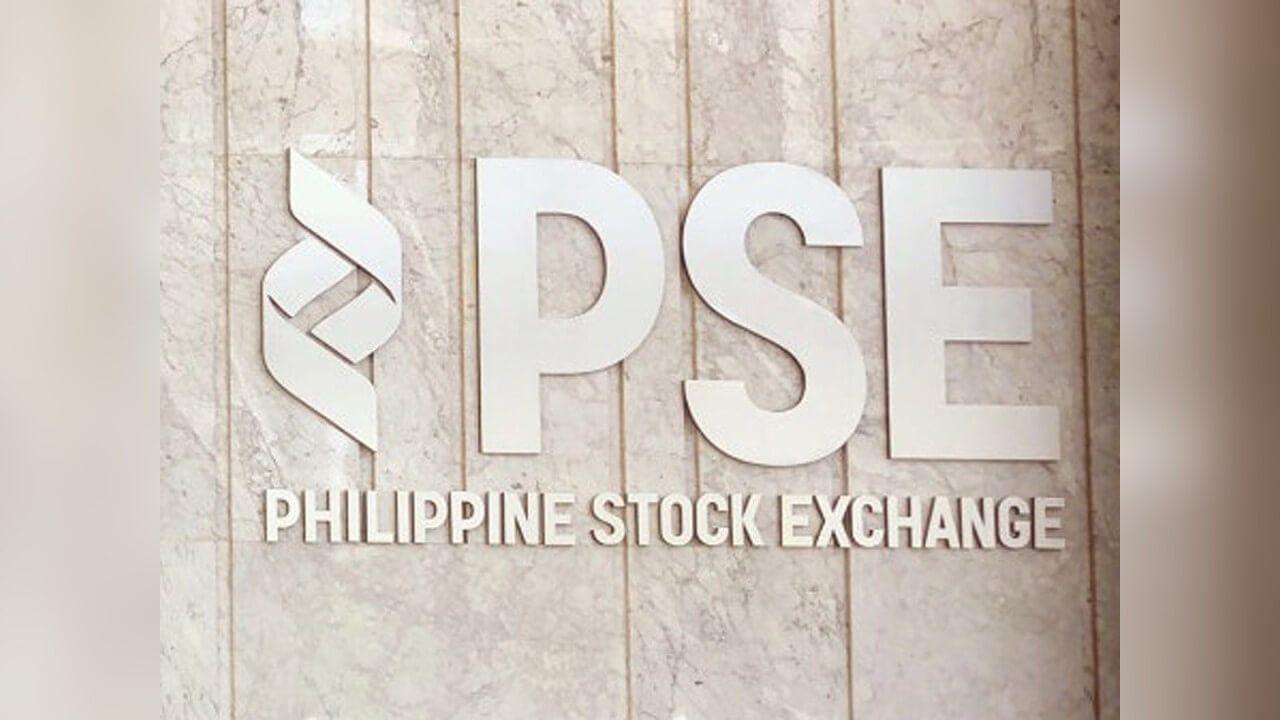

Indeed, since the coronavirus pandemic pummeled markets over four years ago, company boards have been quick to take advantage of their own firms’ depressed prices on the bourse to reacquire shares that they believe are “undervalued”.
To retail investors, however, stock buybacks can seem a nebulous concept whose benefits are often extolled, but rarely felt on their bottom lines. Many, in fact, tend to completely ignore them when making investment decisions.
But they shouldn’t.
Buyback rationale
“In a downtrending market, stock buybacks are positive for retail investors,” said veteran forecaster and Reyes Tacandong & Co. senior adviser Jonathan Ravelas.
He explained that investors should look at buyback announcements as a sign of good corporate health.
Buybacks reduce the number of the company’s shares floating around in the open market, which means each remaining stock will theoretically be entitled to higher “earnings per share”.
In other words, every single share that is not bought back by a company during its buyback operations becomes more valuable — something that is definitely good for investors, whether they are institutional or retail.
Clues from insiders
Perhaps the bigger signal that buybacks send to the rest of the market is a positive one that’s worth paying close attention to.
“It’s a good sign for shareholders to see management themselves buying back the shares, because no one knows the business more than its managers,” AP Securities senior research analyst Ferdinand Subido said.
He explained that if a company’s managers themselves are buying back shares in large quantities, it could be a sign that they view their own company as being undervalued by the market.
One such example is Gokongwei family-controlled Robinsons Retail Holdings Inc. which went public in 2013 and enjoyed strong performance on the bourse, until the pandemic devastated the stock market in 2020.
Not long after, the company’s board approved a multiyear buyback program that grew to P7 billion to take advantage of its depressed stock price.
Returning value to shareholders
Ravelas points out that buybacks should also prompt shareholders to ask important questions about their companies.
“The other side [of buybacks] is ‘don’t they need the cash to fund expansion plans?’,” he said. “Or does it mean they are on a wait-and-see [mode]?”
Nonetheless, AP Secruties research head Alfred Garcia pointed out that buybacks — which he described as “a small price to pay for the company” — offer a lot of benefits for shareholders, including the positive sentiment toward the stock that they generate.
“As long as debt repayments and business expansion does not suffer, they’re good,” he added.
In the case of Robinsons Retail, which is now at the tail end of its buyback program, the nearly P7 billion it has spent has so far failed to lift its share price, no doubt owing to the fact that the local stock market remains in the doldrums.
But the idea behind the buyback is that, once positive market sentiment takes hold, the stock’s price will appreciate just a little faster… and investors who waited patiently these last four years will be rewarded handsomely.

Senior Reporter